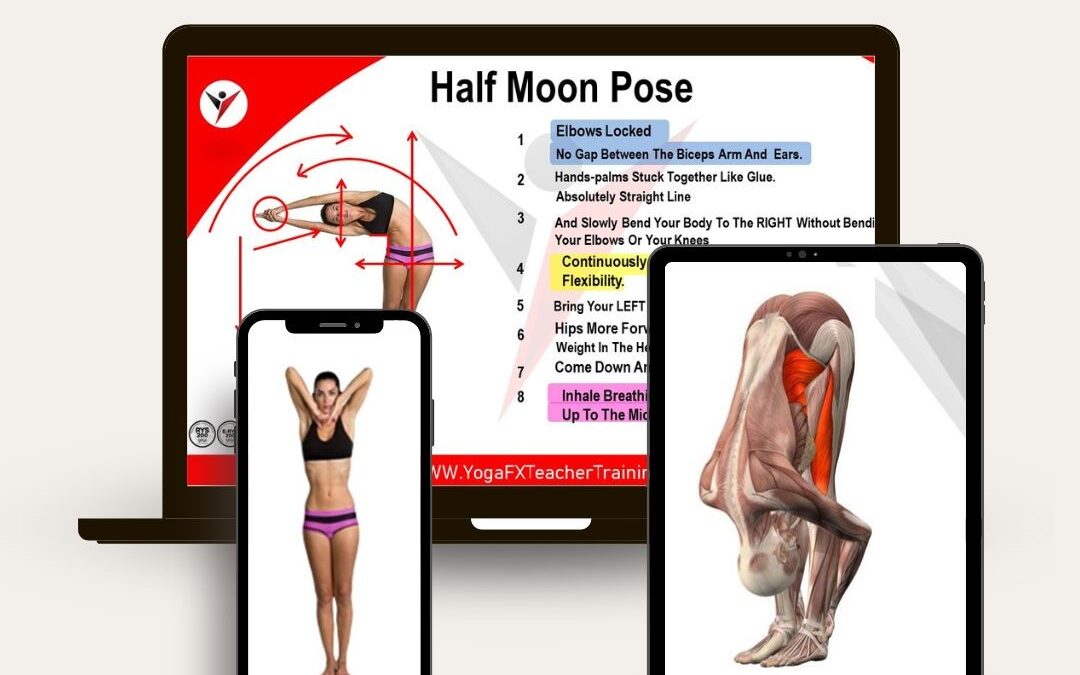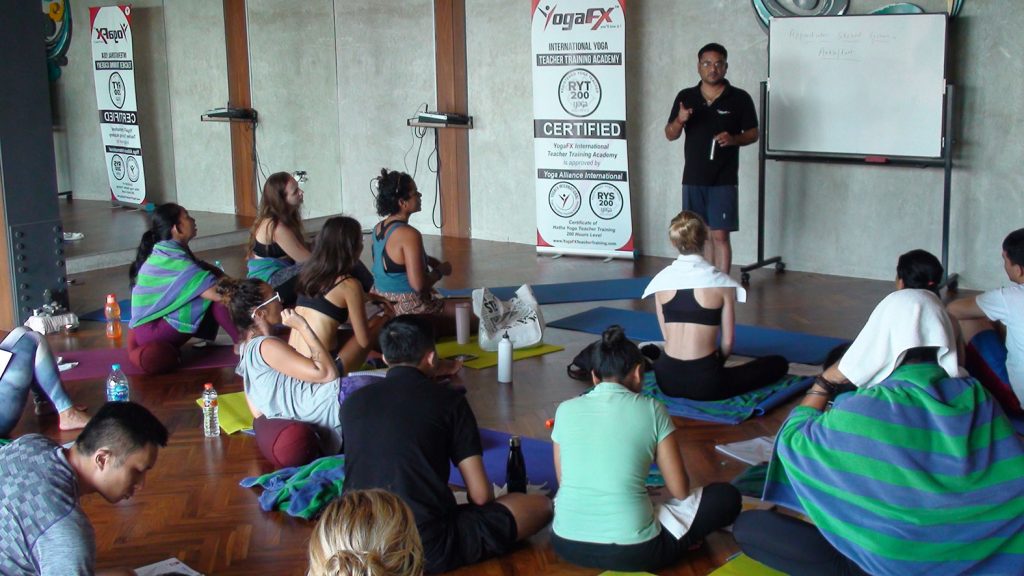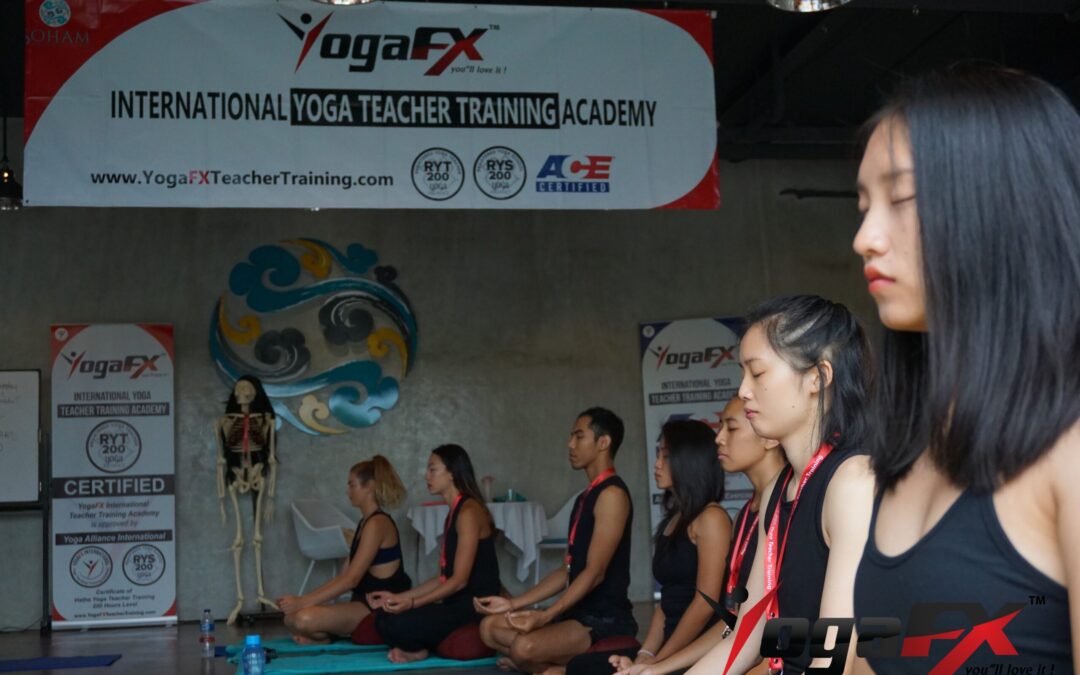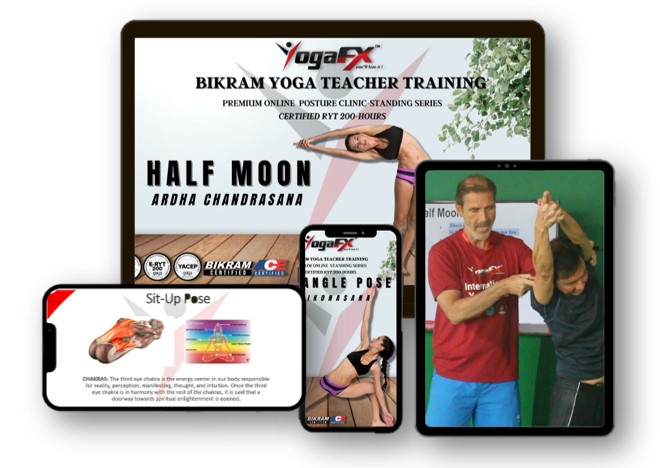Are you curious about the fitness trend that’s been making waves in the yoga community? Hot yoga, also known as 26 and 2 yoga or Bikram yoga, has gained popularity in recent years. In this article, we will delve into the benefits and considerations of this unique practice to help you make an informed decision about incorporating it into your fitness routine. Whether you’re a seasoned yogi or a newcomer to the world of yoga, understanding the potential advantages and potential risks of hot yoga is essential. So, let’s explore the heat, the challenges, and the potential rewards to determine if hot yoga is the right choice for you.
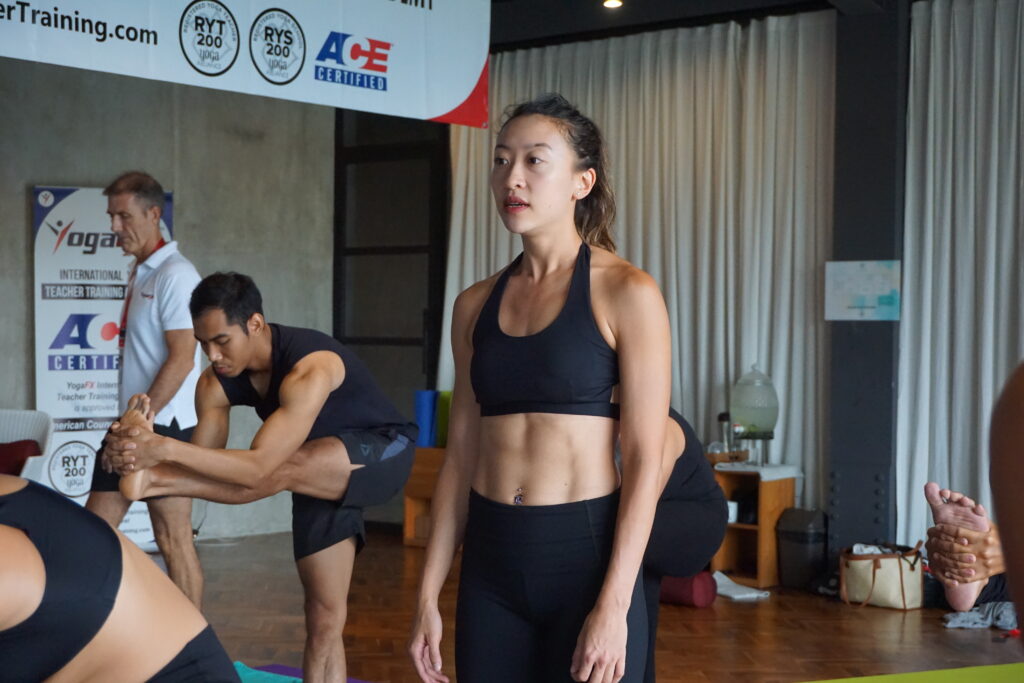
Benefits of Hot Yoga
Hot yoga offers a variety of benefits that can enhance your physical and mental well-being. The combination of intense heat and yoga poses in a heated room creates a unique environment for the following benefits:
1. Increased Flexibility and Muscle Strength:
Practicing yoga in a heated room can help improve flexibility as the heat allows your muscles to stretch more easily. The challenging poses in hot yoga classes can also help build muscle strength and tone.
2. Enhanced Cardiovascular Health:
The elevated temperature during hot yoga classes can increase your heart rate, leading to a cardiovascular workout. Regular practice can improve heart health and circulation.
3. Improved Detoxification and Circulation:
The heat and sweat produced during hot yoga can promote detoxification by flushing out toxins from the body. Additionally, the combination of deep breathing and yoga poses can enhance blood circulation.
4. Stress Reduction and Mental Well-being:
Hot yoga can serve as a powerful stress-relief tool. The practice encourages mindfulness, deep breathing, and focus, helping to calm the mind, reduce anxiety, and improve overall mental well-being.
“Be Motivated By The Needs Of Others”
Considerations and Potential Risks
While hot yoga offers numerous benefits, it is important to consider the potential risks and take necessary precautions:
1. Overheating and Dehydration:
The intense heat in yoga classes can cause excessive sweating, leading to dehydration. It is crucial to stay hydrated before, during, and after the practice.
2. Strain on the Cardiovascular System:
The heat and physical exertion in hot yoga classes can put additional strain on the cardiovascular system. Individuals with pre-existing heart conditions should consult a healthcare professional before practicing hot yoga.
3. Risk of Injury due to Increased Flexibility:
The heat in hot yoga can increase joint mobility and flexibility. While this can be beneficial, it also increases the risk of overstretching or pushing the body beyond its limits. Practitioners should be mindful of their body’s capabilities and avoid overexertion.
4. Not Suitable for Certain Health Conditions:
Hot yoga may not be recommended for individuals with certain health conditions such as pregnancy, high blood pressure, or respiratory problems. It is important to consult with a healthcare professional before starting yoga, especially if you have any underlying health concerns.
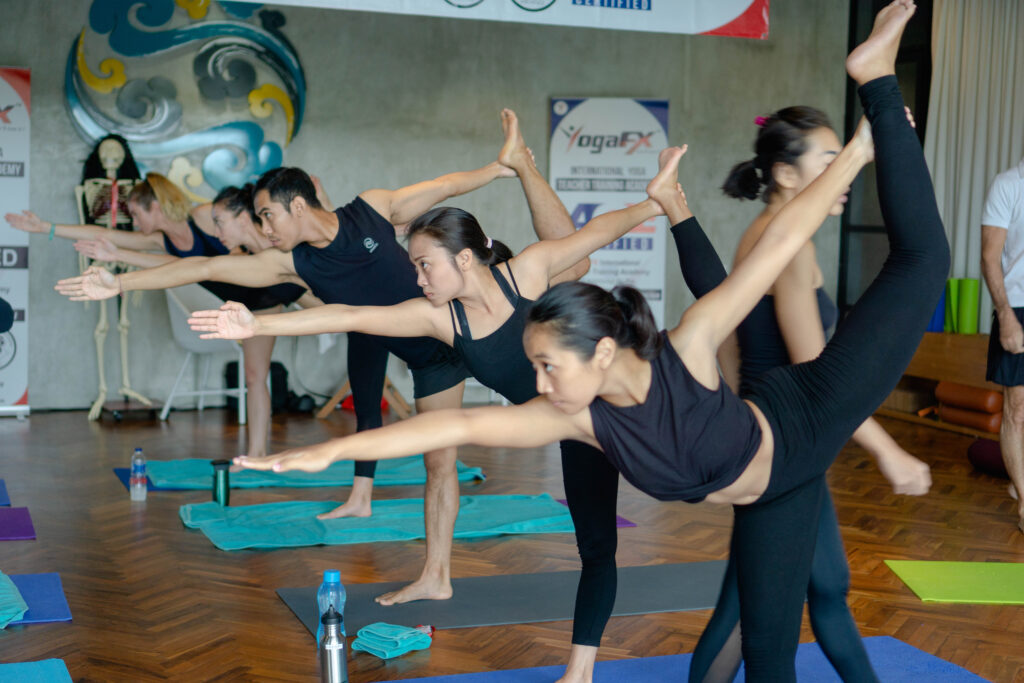
Precautions and Safety Tips
To practice hot yoga safely, consider the following precautions and safety tips:
1. Staying Hydrated:
Drink plenty of water before, during, and after the practice to maintain hydration levels. Replenishing electrolytes can also be beneficial.
2. Listening to Your Body:
Pay attention to your body’s signals and take breaks or modify poses as needed. Pushing through pain or discomfort can lead to injuries.
3. Proper Warm-up and Cool-down Exercises:
Perform gentle warm-up exercises before starting the practice and incorporate cool-down stretches at the end to prevent muscle strains or injuries.
4. Modifying Poses and Avoiding Overexertion:
Modify poses according to your comfort level and gradually progress in your practice. Avoid pushing yourself too hard or forcing your body into positions that feel unsafe or uncomfortable.
Personal Factors to Consider
When deciding whether yoga is suitable for you, take into account personal factors such as:
1. Fitness Level and Prior Yoga Experience:
Hot yoga can be physically demanding, so having a foundation in basic poses and some level of fitness can be beneficial. Beginners may want to start with regular temperature classes before transitioning to yoga.
2. Heat Tolerance and Preference:
Not everyone enjoys or tolerates high temperatures. If you find it challenging to practice in a heated room, alternatives such as warm yoga or room-temperature yoga classes may be more suitable.
3. Health Conditions and Medical History:
Consider any pre-existing health conditions and consult with a healthcare professional to ensure yoga is safe for you. They can provide guidance based on your specific needs and circumstances.
Alternatives to Hot Yoga
If yoga does not align with your preferences or needs, consider exploring alternative styles, such as Hatha, Vinyasa, or Yin yoga. These practices offer unique benefits and can be performed in regular temperature environments.

Conclusion
Hot yoga can be a transformative practice that offers numerous benefits for both the body and mind. However, it is essential to approach it with caution and make informed decisions based on your individual circumstances. Before starting any yoga practice, consult with a healthcare professional, especially if you have any underlying health conditions. If you’re interested in becoming a hot yoga teacher, consider enrolling in a reputable training program such as Bikra YogaFX, led by experienced instructors like Mr. Ian YogaFX, who is Yoga Alliance certified and ACE qualified. With proper guidance, precautions, and a deep understanding of your body’s needs, you can explore the world of yoga and potentially reap its rewards.


